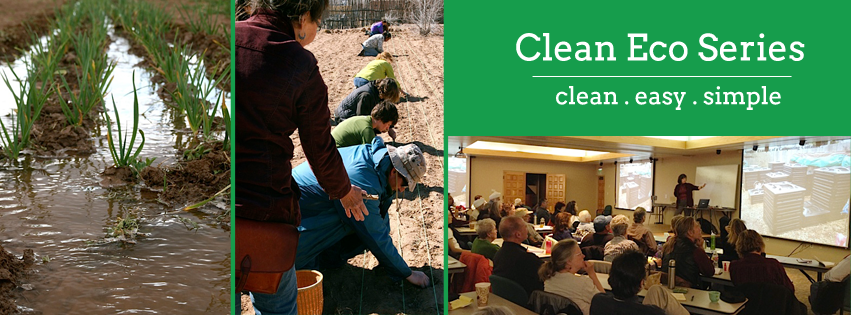WHERE WE HAVE BEEN:
The Carbon Economy, Carbon Farming and Regenerative Agriculture Series workshops in New Mexico, Texas and Colorado (https://www.carboneconomyseries.com/) are born of the inspiration of a few and the efforts of many. First, we gratefully applaud the genius, impetus and energy of Australian Regrarian, Darren J. Doherty (http://www.Regrarians.org) who originated this series.
FPS’s Iginia Boccalandro was fortunate to be hosted by the wonderful multigenerational Tautrim family on Orella Ranch (http://www.orellaranch.com), next to the glimmering Pacific Ocean in Santa Barbara, CA for her first Carbon Series experience in 2009. The world renowned teachers and eager participants discussed enlightening and edifying topics. The group was lovingly taken care of by the kind people of Quail Springs (http://www.quailsprings.org) who produced the event. “That pivotal experience inspired me to offer the Carbon Economy Series in Santa Fe, NM in 2011,” says Boccalandro.
She continues: “As Pablo Lugari, the celebrated pioneer of sustainable practices from Colombia explained to a group of us who visited Gaviotas (http://www.friendsofgaviotas.org) last November; all life depends on the delicate balance of the gasses in our atmosphere. This balance has coevolved with the vegetative skin of the planet. This vegetative envelope is the succession of species flowing from a one cell organism like cyanobacteria, to algae, to grasses, and vegetables. This flow continues to bushes, deciduous trees and finally to the mighty conifers. This membrane uses sunlight, carbon, soil, and water to produce oxygen and food.”
The soil-food-web supports all the life we see and experience in our daily life. It is more complex than all the species we know on the surface of the land and under water. We have only identified 2% of the organisms in soil. Three groups have been identified: bacteria, fungi and microorganisms like nematodes. Their varying proportion sets up the conditions to nurture the different families of plants. These biological organisms use tremendous amounts of carbon to break down mother rock and her substrates into a less complex mineral structure which plants can utilize to thrive. These organisms, along with the grass family, sequester more carbon and release more oxygen than tropical rain forests.
We can all sequester more carbon and replenish the biology of the earth’s soil membrane with the natural practices covered in the Carbon Economy Series.
The Carbon Economy Series has presented over 25 events on seven college campuses in New Mexico and Texas.
THE PRESENT
SPONSORING FPS
As Iginia continues to be a major player in both CES and FPS, it has become a sister project for CES to to work with organic farmers in Colorado so that they can increase their revenue stream and be able to afford a succession plan.
This project includes education on cooperative organization, better organic growing practices, carbon sequestration, the gift economy, local buying and the economic multiplier, sustainability, alternative energy, and collaborating with those that want to take Northern Colorado / Fort Collins off the grid, reduce petroleum dependency and become completely carbon neutral.

